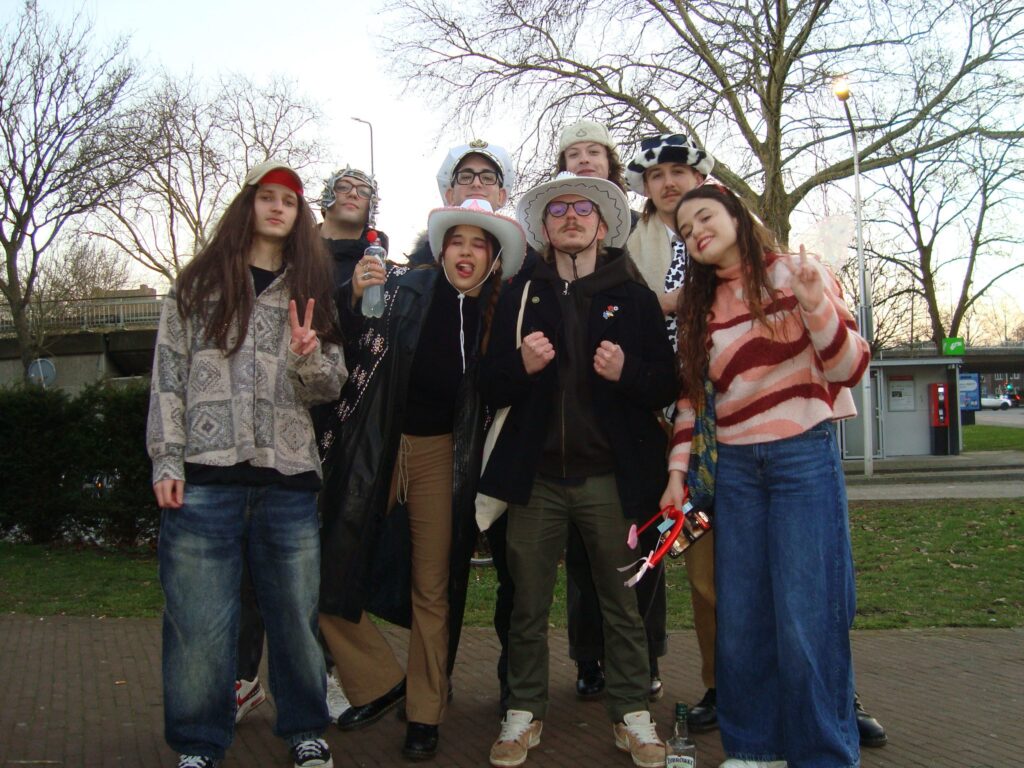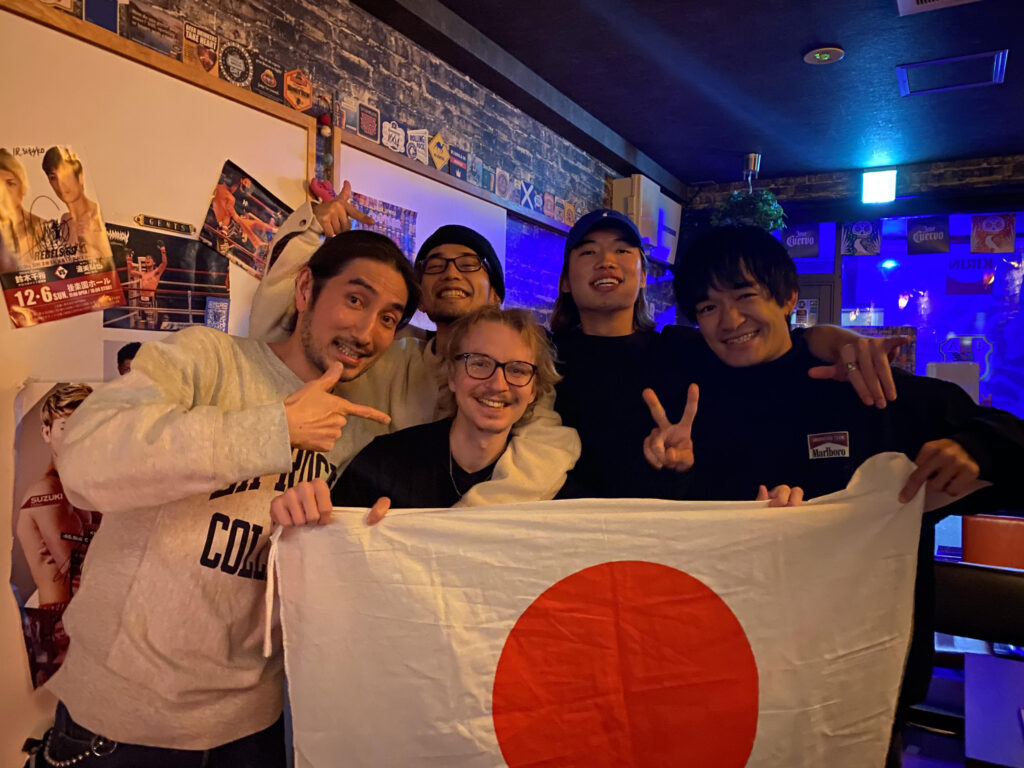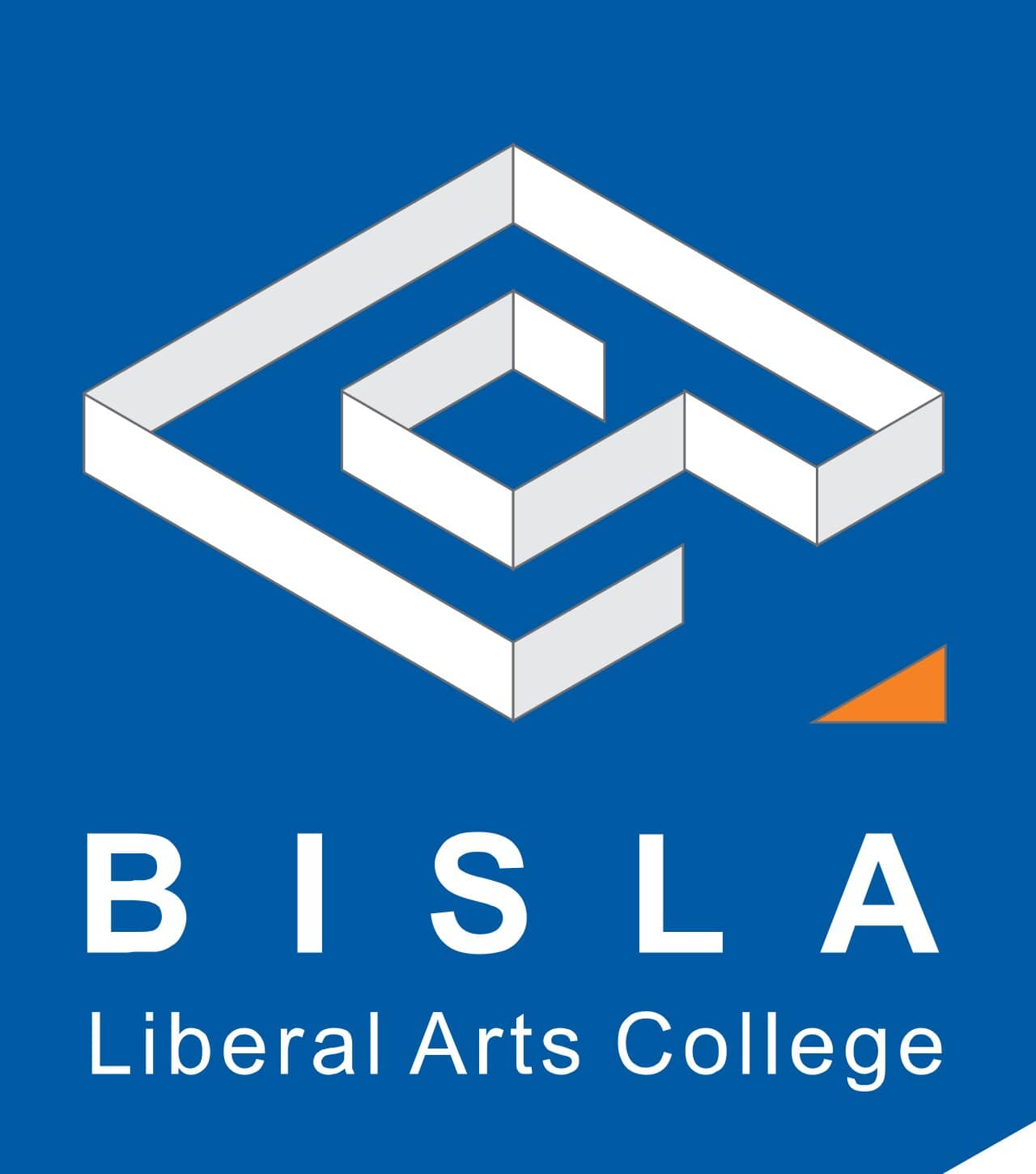Study Abroad
ERASMUS+
Pred odchodom študent musí mať:
- Zmluvu o poskytnutí grantu podpísanú študentom a domácou vysokou školou, ktorá obsahuje údaje o dĺžke mobility a výške grantu,
- Zmluvu o štúdiu /Learning Agreement for Study, ktorá obsahuje program štúdia , ktorý musí študent dodržať tak, ako bol schválený študentom, vysielajúcou a prijímajúcou inštitúciou,
- Erasmus chartu študenta, ktorá obsahuje práva a povinnosti študentov súvisiace s ich mobilitou
- Študent môže získať grant na pokrytie cestovných a pobytových nákladov, ktoré mu vznikli v súvislosti s jeho študijným pobytom v zahraničí.
Erasmus+ študenti bez ohľadu na to, či poberajú grant od EÚ, sú oslobodení od platenia poplatkov za školné, registráciu, skúšky a prístup do priestorov laboratória a knižnice v hostiteľskej inštitúcii. Akékoľvek štipendium alebo pôžičky pre odchádzajúcich študentov musia byť zachované v priebehu študijného pobytu v zahraničí.
Počas mobility:
- Akékoľvek zmeny v Zmluve o štúdiu ( Learning Agreement for Studies ) je študent povinný elektronicky oznámiť najneskôr do 1 mesiaca od začiatku študijného pobytu v zahraničí fakultnému koordinátorovi programu Erasmus +. Zmeny sa vpisujú do časti Počas Mobility / During the Mobility a musia byť podpísané študentom a zodpovednými osobami vysielajúcej a prijímajúcej inštitúcie.
- Predĺženie študijného pobytu: žiadosť o predĺženie s uvedením dôvodu je potrebné doručiť minimálne jeden mesiac pred ukončením študijného pobytu v zahraničí. Predĺženie študijného pobytu je možné len zo zimného semestra na letný semester v príslušnom akademickom roku. Žiadosť je potrebné adresovať inštitucionálnemu koordinátorovi BISLA. V prípade schválenia žiadosti si študent zostavuje Zmluvu o štúdiu / Learning Agreement na letný semester. Vzhľadom na výšku grantu pridelenú Národnou agentúrou, je predĺženie študijného pobytu možné len na nulový grant, to jest bez finančnej podpory z prostriedkov EÚ.
Po ukončení mobility:
- musí hostiteľská vysokoškolská inštitúcia vystaviť študentovi a jeho vysokej škole “Výpis výsledkov” / Transcript of Records – dokladajúci, že dohodnutý program bol ukončený a potvrdzujúci výsledky štúdia,
- vysielajúca inštitúcia musí študentovi plne uznať štúdium (ukončené aktivity) tak, ako bolo dohodnuté v Zmluve o štúdiu použitím ECTS kreditov.
- študent predkladá certifikát, ktorým sa potvrdzuje začiatok a koniec študijného pobytu
- študent vypĺňa Správu z mobility (EU Survey) – po zaslaní linku na svoju mailovú adresu
- študent absolvuje ON LINE OLS jazykové hodnotenie (platí len pri používaní jazykov anglický, nemecký, francúzsky, taliansky, holandský, španielsky, poľský, český, dánsky, grécky, portugalský, švédsky)
Student Feedbacks
Tomáš Podubinský – University College Maastricht

Was your stay at the school academically worthwhile? Describe (i) the greatest plus a
(ii) what you found deficient.
a. My stay at UCM was indeed academically worthwhile. The greatest plus is
certainly the PBL (Problem-based learning) method, which encourages
students to participate in every class debate. PBL creates an environment
where the tutor is only a guide in the discussion, however, students
brainstorm an issue, pose questions, and eventually after research, answer
them
b. The most deficient thing I learned at UCM is the number of readings. I would
estimate that for every class, around 50-70 pages are needed to be read. That
would not be a problem, however, I do think that a lot of the readings were
not essential to the issues we discussed and did not bring any new relevance
to the course.
How would you compare the (i) workload and (ii) quality of BISLA and the visited
institution courses?
a. At UCM, the number of readings was definitely higher and more time-
consuming, however, in comparison to BISLA there were far fewer
assignments to be done in each course. On the other hand, at UCM are
usually 5-6 classes per week (creates time for readings), whereas at BISLA
there are more classes, but fewer readings.
b. At UCM, courses are better structured, with set readings accessible right at
the beginning, and a syllabus that explains in detail what will be the topic for
each class. These syllabuses rarely change during the course, which on the
other hand, sometimes happens at BISLA.
Samuel Strecha – Japan, Tokyo
My stay at ICU was academically worthwhile. The greatest plus is the Japanese language. Not only because you are in Japan but mainly because of the method how they teach it. Students can learn Japanese to some level really fast. What I found deficient were the debates during the classes. There were basically no debates during the classes as Japanese students think that stating your own opinion is disrespectful. It is a cultural thing so one needs to be prepared when coming to ICU from Bisla. At ICU, a student has a much bigger workload as the teachers are giving out lots of readings mainly. It differs from teacher to teacher of course, but on average, students will have lots of readings, 2-3 small essays, 1-2 presentations, and occasional tests. Even though ICU put a bigger workload on a student, when compared to BISLA, BISLA has a better quality. Students from BISLA should not have any problems when dealing with the workload at ICU. Courses are different every semester so it is hard to say. From the courses that I had, I would recommend International History as it was taught by a really good professor who had experience from the UN and he was Italian so he wanted that his students to debate. As I mentioned earlier, every semester there are different courses so I would recommend to every BISLA student to first look at the courses that the ICU is going to have before applying. No, I did not. You are given an academic advisor but he or she will only help you with academic problems. There is also a possibility to visit a school therapist and she will help you if you have some problems but other than that, no. I lived in student dorms and I would highly recommend it. The Student is in one shared room with a bathroom. It was very clean and situated on the campus so you do not have to worry about getting to class on time. The strength of this partner University is undoubtedly its location. To be able to study in Japan is one in a lifetime chance. Students can learn so much from the culture, situations that they encounter, people from various countries, big university life, and much more. ICU offers many student clubs so everybody can find something for themselves. I, for example, joined the DJ club which enabled me to use school equipment. I do not know about anything I would buy JR Pass (Japan RailPass) while I was still in Slovakia because it is much cheaper and enables you to travel through Japan by train.
Universidad de Navarra, Klára Klačanová
I believe that my stay at Universidad de Navarra was truly academically worthwhile. Probably the greatest plus was the variety of courses offered and the intercultural diversity I was able to experience. The greatest deficit was the accommodation, as the one provided by the university was too expensive and I had to look for other possibilities by myself – which was a little bit complicated due to the language barrier. I found this part of my stay very stressful and complicated.
I think that the workload at Universidad of Navarra was overall greater then at BISLA. The quality varied from course to course – most of them were very good, but by one the teaching method was not the best one. I believe that’s also the case with BISLA courses, so I cannot properly answer this question.
LUCIA OZANIAKOVÁ – Japan, Tokyo
Everything was perfect, as it was my dream to come to Japan. I think that before coming to the country it is important to be aware of Japanese culture, way of life, customs, and be prepared to either learn a little bit of japanese or use google translator since they do not speak english. For me that was great as it allowed me to really dive into the culture. I would change my decision of leaving Japan right after the school ended. If I am buying the tickets again, I would leave myself a month more to travel around.
Tilburg University, Katarína Oružinská
I enjoyed the opportunity to experience learning in a big classrooms, since BISLA is based on the opposite approach, and for me personally, it was nice to experience something different. The courses were insightful, but the quality of experience varied from lecturer to lecturer, with some really good and others not the best. It depends on the choice of the courses, I had mostly beginner courses since I needed the credits from the psychology field and would qualify only for these for the most part. I really enjoyed studying at the huge and beautiful campus, the academic environment of Tilburg University is adjusted very well for all possible student needs, and it was very motivating having all these amazing possibilities and study spaces.
Natália Fáberová – Japan, Tokyo
There are many different courses to choose from focused on a variety of different fields. Therefore, it gives students the opportunity to explore beyond the courses that BISLA can offer. The professors are very helpful and engaging, so in case you want to discuss your papers (even thesis) they are willing to do so. Yet, the university is more similar to big universities, and their system of teaching, as it is to the BISLA system, therefore, it is more lecture-based with discussion being an exercise during the lecture rather than the main part of it. Moreover, not all classmates might have sufficient proficiency in the English language and thus the discussion might be less stimulating.
Maastricht University, Silvia Hrubá
There are many different courses to choose from focused on a variety of different fields. Therefore, it gives students the opportunity to explore beyond the courses that BISLA can offer. I have learned more about environmental, climate and sustainability issues. I have a better understanding of the diversity in my society.
You have freedom to choose anything from the perspective of the host university (there are no requirements from the side of ICU), so you can choose more or less intense courses. In other words, it can be easier or more difficult than BISLA – depending on the courses the student chooses.
Simona Jaďuďová, Tilburg University
I never regretted applying to this university. It was one of the most valuable experiences, giving me insight into how things function abroad. The variety of courses was definitely a plus. To be honest, I can’t say much more because, even if something went wrong, in the end, everything turned out as it was supposed to. Exams were one of the hardest I have ever experienced, and sometimes the pressure on students was misplaced. At BISLA, I appreciate the individual approach to each student, with progress being tracked personally. However, I miss the variety of courses that students could choose from. Each course at Tilburg had a specific syllabus and tasks outlined at the beginning of the block, so you immediately knew your responsibilities. Tilburg University also had a highly developed app where you could track your progress, view your courses and tasks, and access your grades. I miss this at BISLA because, for istance, there were some cases where I received feedback after several months.
APPLY
We are now accepting applications for the Academic Year 2025/2026
